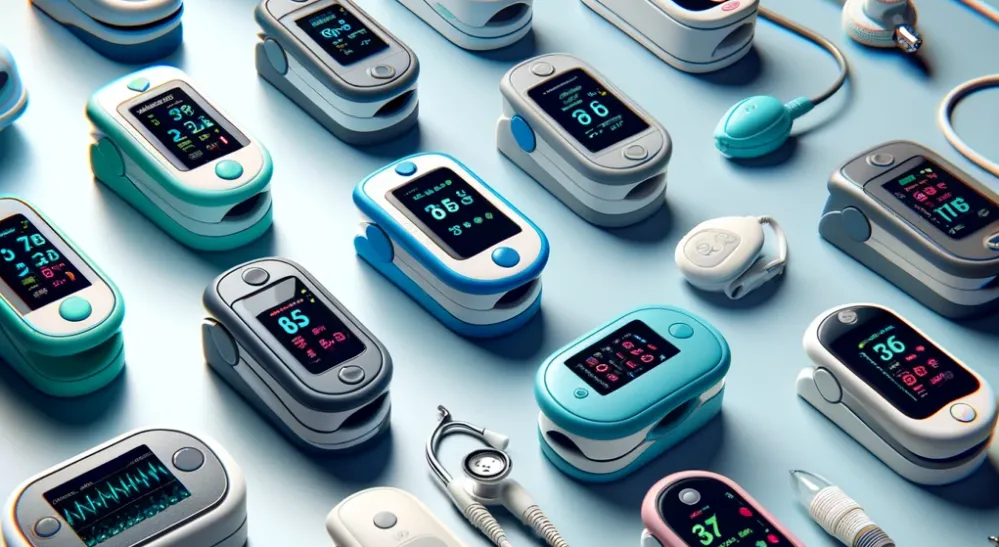It’s important to learn about UV safety, especially as you get older. Roughly 9,500 Americans receive a skin cancer diagnosis every day. There are factors you may not be aware of that put you at higher risk for UV damage.
Especially in the summer months, be aware of your risk factors. Everyone should protect themselves from sun damage, but those at higher risk need to be extra careful.
Risk factors
Any one or a combination of the following factors can increase your risk of skin cancer:
- Artificial UV light from indoor tanning beds
- Existing sunburn
- Any unprotected exposure to UVA and UVB rays
- Genetic predisposition
- Atypical moles
- Having red hair
- Effects from certain medications
Medications
Did you know that your skin is subject to photosensitivity? Certain prescription medications can increase sensitivity to the sun putting you at higher risk for skin damage or cancer. Certain antibiotics, acne prescriptions, and topical medications are the biggest offenders.
- Antibiotics such as Bactrim can worsen sunburn. Others include tetracycline, ciprofloxacin, and doxycycline.
- Acne prescription retinoids like Retin-A and Tazorac can increase vulnerability to sun damage.
- Topical medication patches like clonidine that deliver medication through the skin can increase the effects of UV rays.
- Individuals with auto-immune diseases such as lupus are at higher risk of developing skin cancer because of their body's ability to fight infection. Similarly, there are treatment drugs for other conditions that simultaneously suppress the body's immune response leaving you at higher risk of skin cancers including melanoma.
Taking one or more of these prescriptions doesn’t mean that you will definitely experience worsened sun damage. With proper sun protection, you may find that your skin tans more easily. Every person’s body reacts and responds differently, even to the same drug. Take the right steps to protect your skin and prevent harmful UV sunlight exposure.
Remember to use your RxLess prescription discount card to save money on your medications. If you have a health savings account (HSA), many providers allow you to pay for preventative health products such as sunscreen with money from your HSA. Check your plan details to see if this applies to you.
Protection and prevention
You can do more than wear sunscreen to protect yourself from harmful radiation. But you should still use sunscreen, too.
- Use a lotion with SPF 15 or higher. Many facial moisturizers contain SPF protection, so it's a good daily habit to adopt.
- Wear sunglasses to protect your eyes against UVA/UVB rays.
- Wear sun protective clothing and hats.
- Have an annual check-up visit with your dermatologist.
- Eat a healthy diet and stay well-hydrated.
While preparing for sun exposure, you may want to consider a mineral sunscreen. Typical sunscreens include the chemical oxybenzone which effectively absorbs UV rays, but it's also an endocrine disruptor. Mineral-based sunscreens with non-nano zinc oxide are much safer for your skin and overall health.















